


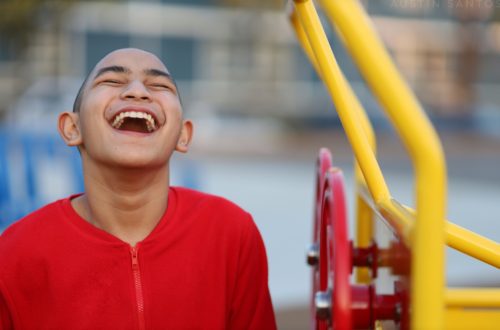
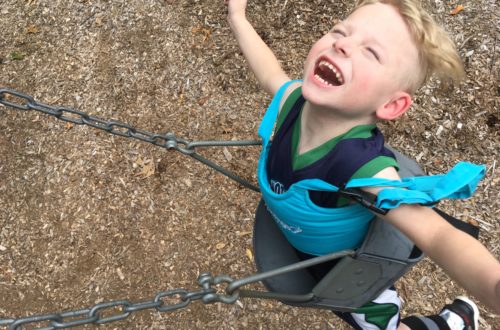
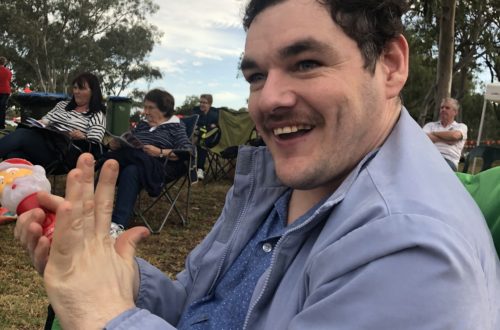

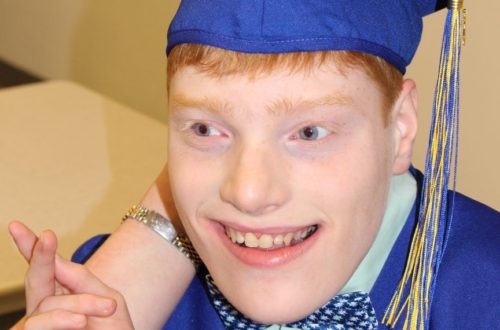

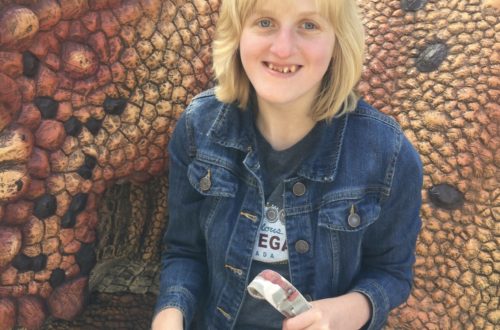
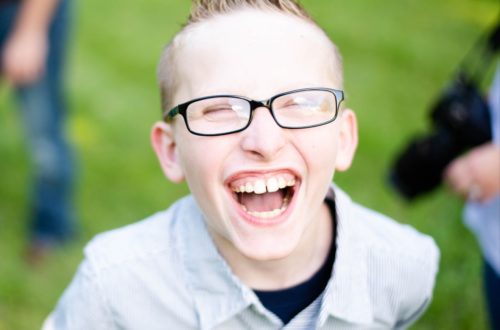


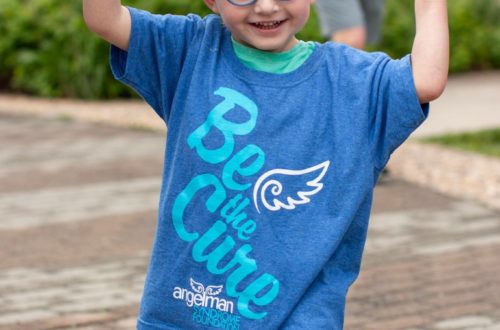

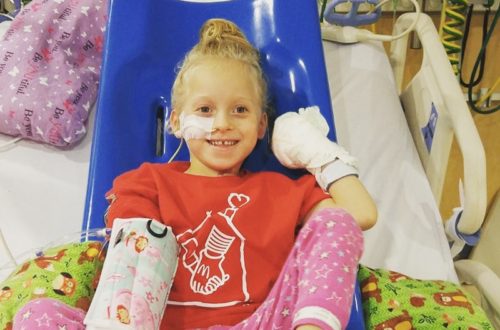
What is Angelman Syndrome?
Angelman Syndrome (AS) is a neuro-genetic disorder that occurs in one in 15,000 live births. AS is often misdiagnosed as cerebral palsy or autism. Characteristics of the disorder include developmental delay, lack of speech, seizures, walking and balance disorders. Individuals with Angelman syndrome will require life-long care.
Symptoms of Angelman Syndrome include:
-Developmental delays – vary from individual to individual
-Seizures
-A happy demeanor – frequent laughing, smiling and excitability
-Protruding tongue
-Feeding problems
-Wide mouth, wide-spaced teeth
-Frequent drooling
-Excessive chewing/mouthing behaviors
-Strabismus
-Hypopigmented skin, light hair and eye color
-Uplifted, flexed arm position
-Wide-based gait with pronated or valgus-positioned ankles
-Increased sensitivity to heat
-Abnormal sleep – wake cycles
-Attraction to/fascination with water; fascination with crinkly items such as paper or plastic
-Abnormal food related behaviors
-Obesity
-Scoliosis
-Constipation
-Reflux
In infants 0-24 months:
-Lack of cooing or babbling
-Inability to support one’s head, pull oneself up to stand, and delayed motor skills
In young children:
-Lack of speech, although some develop the ability to speak a few words
-Delayed ability to walk, unstable gait or balance issues
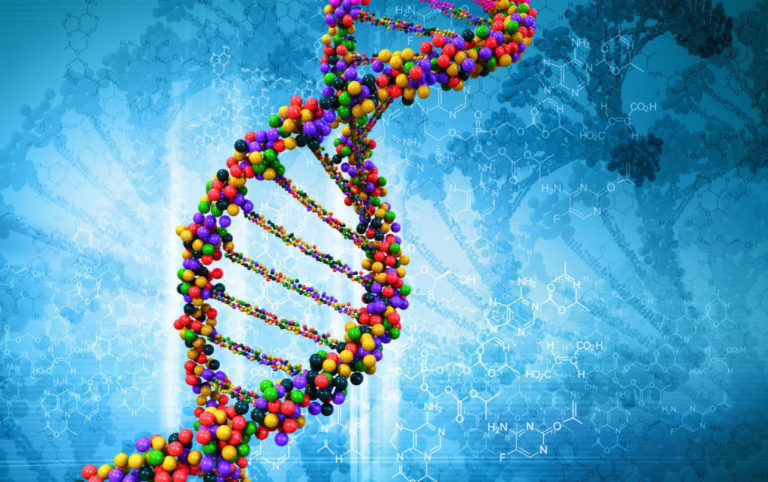
How to get a diagnosis:
A blood test can detect up to 80-85% of individuals with Angelman syndrome by identifying whether the UBE3A gene, located on the 15th chromosome, is functioning properly.
Testing methods for Angelman Syndrome are Methylation test, FISH (Fluorescent in situhybridization) 15 test or comparative genomic hybridization (CGH) test or DNA sequencing of the UBE3A gene.
For the remaining 15-20% of individuals, an experienced clinician who is familiar with Angelman syndrome can provide a clinical diagnosis.
Helpful treatments and therapies:
Communication support: Speech Therapy, AAC (Augumentative and Alternative Communication).
Physical support: Physical Therapy, Occupational Therapy, Hippo Therapy, Aquatic Therapy, surf therapy.
Behavioral support: Music Therapy, ABA Therapy.
Epilepsy Therapeutic Diet: LGIT (Low Glycemic Index Treatment), Ketogenic Diet, Modified Adkins.
